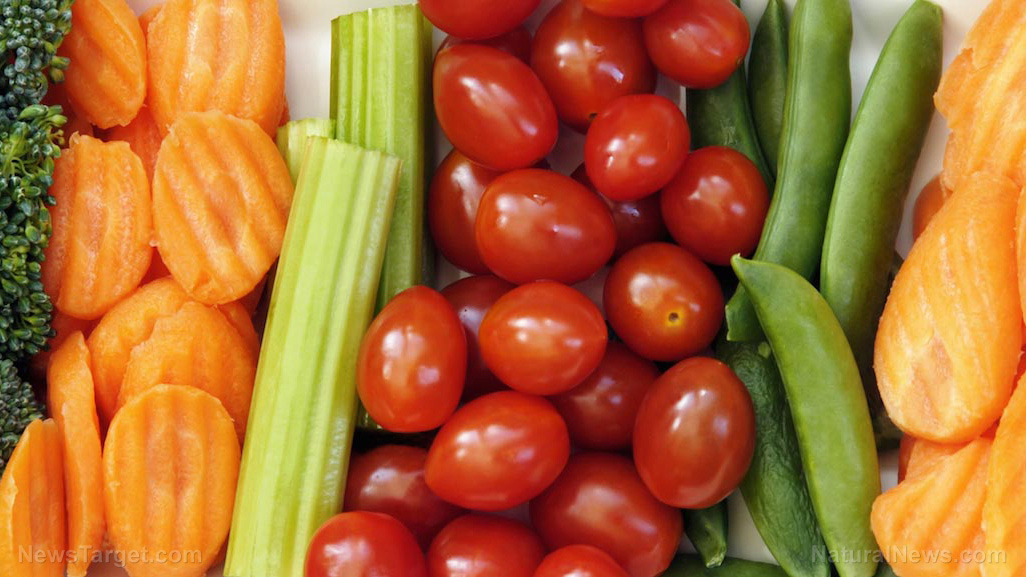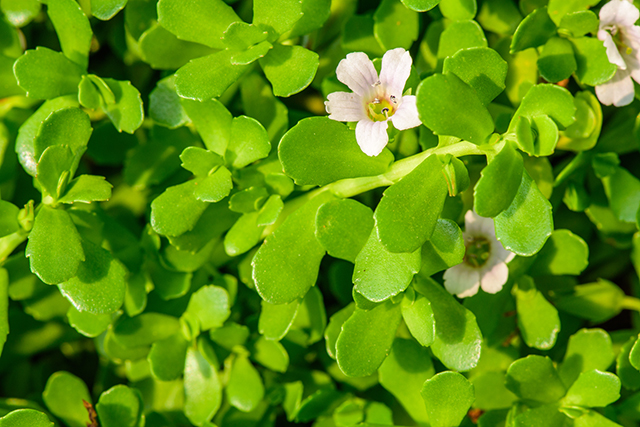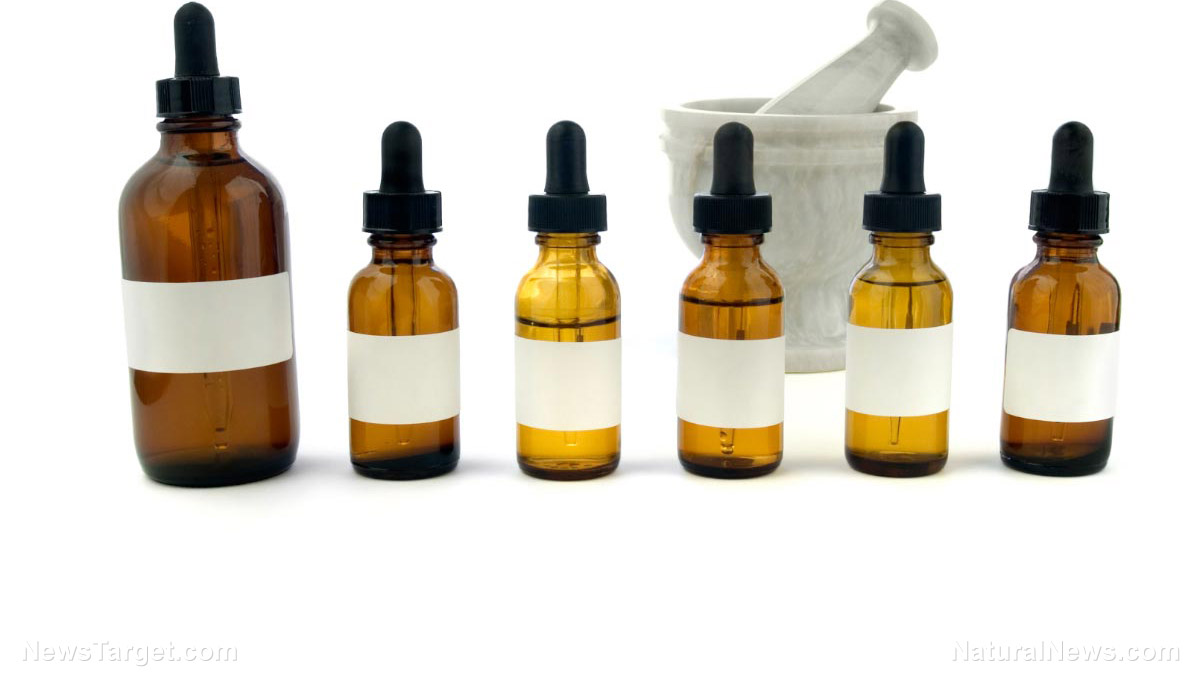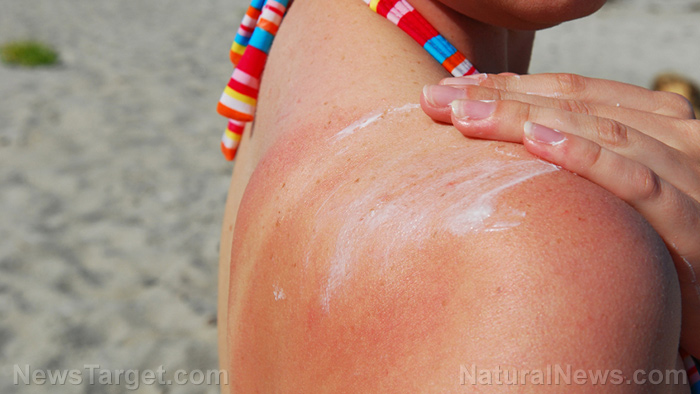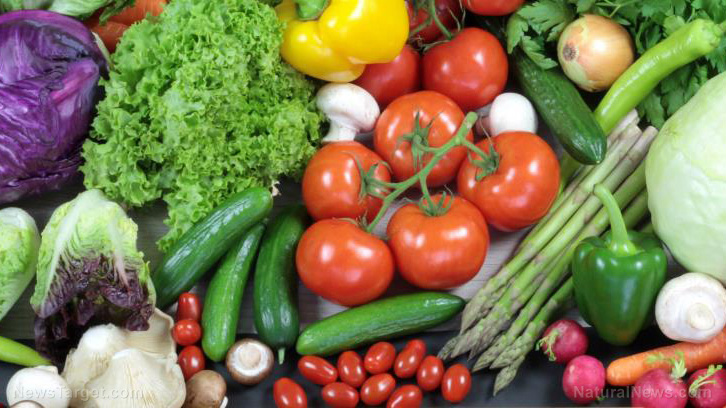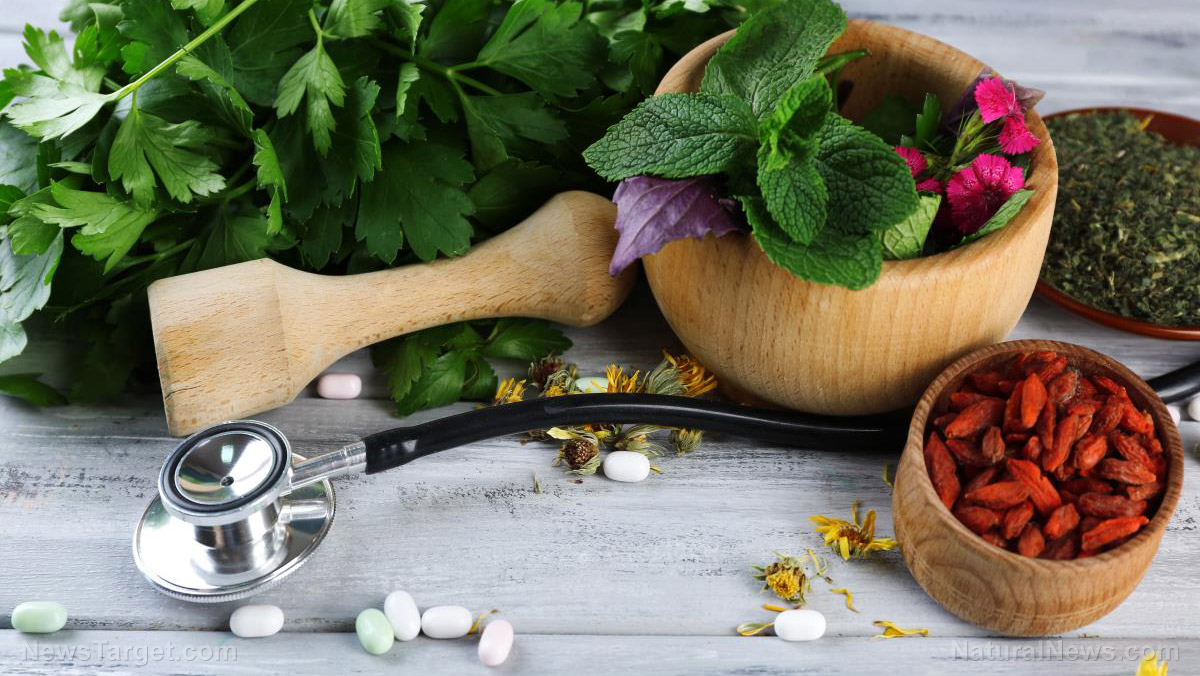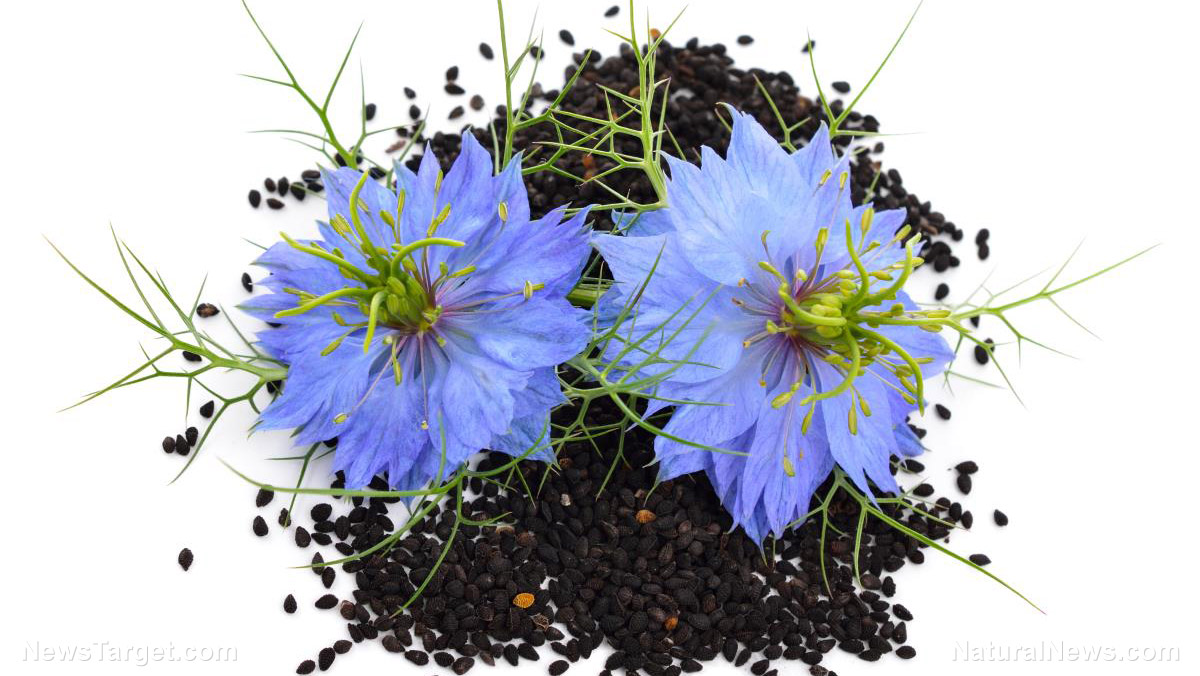05/30/2018 / By Michelle Simmons
Scientists from the Medical College of Georgia at Augusta University are gearing for an upcoming study that will explore the role of antioxidants in maintaining vascular health, as well as reducing the risk of cardiovascular risk in women with Type 1 diabetes.
Type 1 diabetes, of course, is a chronic condition wherein the pancreas produces little to no insulin. Insulin is the hormone required to convert sugar in the blood into energy needed by cells. The condition results in adverse reactions in many functions in the body. In particular, it increases the risk of cardiovascular disease among younger women — which is often overlooked.
Surprisingly, researchers revealed that estrogen plays a role in the early, rapid aging of the cardiovascular system of this population. The team already has preliminary evidence indicating that estrogen not only increases levels of damaging oxidative stress in diabetics but also significantly reduces the capacity of blood vessels to dilate. This makes the hormone harmful to young women with Type 1 diabetes, increasing their likelihood of developing cardiovascular disease than men with the same condition. (Related: Is type 1 diabetes reversible? Study finds many people begin to produce insulin years after diagnosis.)
“When you have diabetes, estrogen turns into a bad guy,” said Ryan Harris, researcher and associate professor at Augusta University. “It actually causes blood vessel constriction when you have high levels of estrogen.”
The National Institutes of Health (NIH) is backing up the study with a $3.3 million grant. It will be composed of 90 premenopausal women with Type 1 diabetes, 30 healthy premenopausal women, and 45 demographically matched men with Type 1 diabetes. Participants will be between 18 and 40 years of age and have no known cardiovascular disease or complications of diabetes. The study will primarily focus on two interventions: One is a well-established “antioxidant cocktail” which consists of vitamins C and E in combination with alpha lipoic acid; while the other is resveratrol.
According to Harris, his team has already recorded their cocktail’s effect on aging adults and chronic obstructive pulmonary disease (COPD), as well as evidence of its effect on these women. On the other hand, resveratrol works on a different pathway by activating the protein Sirt1. This protein reduces the reactive oxygen species made by the endothelial cells that line blood vessels and increases the availability of nitric oxide, a potent natural dilator of blood vessels. Sirt1 levels naturally increase in the high-estrogen days of the cycle, but having diabetes reduces that increase.
Food sources of antioxidants
Oxidative stress has been strongly associated with diabetes, according to many studies. Meanwhile, antioxidants are known to inhibit oxidation. In fact, the use of antioxidants is an active area of study in diabetes research. Antioxidants may help prevent or potentially reverse damage from oxidative stress by reducing damage to the endothelium. Good food sources of antioxidants inlcude:
- Berries such as blueberries, strawberries, raspberries, and blackberries
- Cruciferous vegetables like broccoli, cauliflower, and brussels sprouts
- Dark leafy green vegetables such as kale, spinach, mustard greens, collard greens, and Swiss chard
- Fruits like grapes, apricots, peaches, avocados, grapefruits, and tomatoes
- Herbs and spices including oregano, thyme, turmeric, onions, garlic, cumin, and parsley
- Nuts like walnuts, almonds, cashews, peanuts, and Brazil nuts
- Seeds such as flax seeds, sesame seeds, pumpkin seeds, and sunflower seeds
- Sources of vitamin C such as mangoes, papayas, oranges, lemons, limes, and bell peppers
Read more news stories and studies about diabetes by going to DiabetesScienceNews.com.
Sources include:
NutraIngredients-USA.com
TheDiabetesCouncil.com

